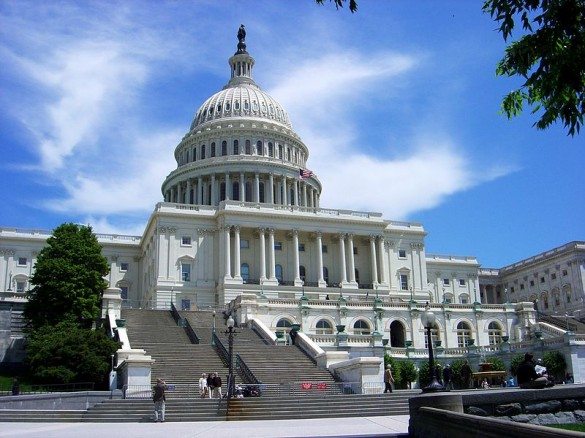Proposed Legislation Hopes To ‘Smarten’ Up Flood Insurance Laws

One of the worst consequences of Superstorm Sandy is the inevitable rise of insurance rates which are expected to come on the heels of FEMA’s redrawing of the city’s flood zone lines. The new flood zone lines will force people to both buy expanded flood insurance and make expensive alterations to their homes to meet new regulations.
This mix of new insurance and home construction upgrades are incredibly costly. According to a press release, new legislation sponsored by Senator Charles Schumer hopes to protect homeowners already victimized by Sandy from burdening unneeded expenses.
The proposed legislation is known as the Strengthen, Modernize and Reform the National Flood Insurance Program Act (SMART). If enacted the legislation would delay rate increases by six months after FEMA’s affordability study is complete and allow for an extensive study on how these increased costs will impact communities.
“This legislation ensures that Congress will have the necessary time and data to make changes to National Flood Insurance Program before any premium increases go into effect, so communities aren’t overwhelmed and property values aren’t decimated,” said Schumer.
Here is a list of everything SMART act will do:
- Delay premium increases until 6 months after FEMA’s affordability study is submitted to Congress.
- Expedite FEMA’s affordability study. To expedite this, the legislation permits FEMA to use available funds outside of the National Flood Insurance Fund to complete the required study and makes a technical change to the affordability study to ensure the timely completion of the study.
- Allow properties currently receiving a subsidized rate to keep that rate when sold.
- Study voluntary community-based flood insurance options which could provide communities with the option to purchase blanket policies for all properties in their communities or a portion of their communities. This could allow for communities to offer more affordable insurance policies to their residents and provide greater incentives for community-wide migration activities.
- Eliminate penalties on communities for self-financing flood protection. FEMA’s AR and A99 flood-zone categories provide more affordable flood insurance to qualifying communities in the process of flood protection projects. Currently, while flood expenditures on these activities can be fully counted toward community eligible calculations, there is a cap on the amount of state and local funds that may enter this calculation. Proactive communities who are sharing cost burdens with the federal government for flood protection should not be penalized for self-financing these projects. This bill will eliminate the 50% cap on state and local contributions to these projects.
- Federally funded new construction is currently prohibited in V-zones. In some situations, new construction should be permitted in the V-zone when relocation is impractical, provided the facilities are built to strict, established flood protection standards. These facilities will also be subject to a FEMA evacuation plan to promote the safety of the persons who occupy or access them.



